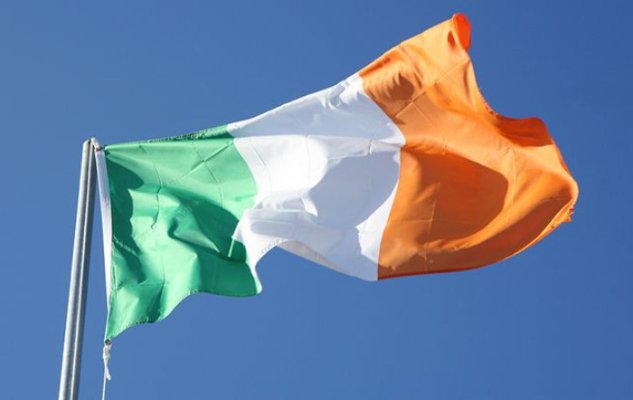Côte d'Ivoire's (Ba3 stable) credit rating is supported by the resilience of the country's economy, which is in turn underpinned by structural reforms and public investment in infrastructure, says Moody's Investors Service in a report published this week.
Moreover, Côte d'Ivoire has relatively strong fiscal fundamentals and sustainable debt levels, supported by substantial donor support, as well as recent debt forgiveness. Moody's expects the nation's medium-term growth to remain around 8%, as growth is bolstered by the government's National Development Plan.
The report, "Government of Côte d'Ivoire -- Ba3 stable; Annual credit analysis," is now available on www.moodys.com. Moody's subscribers can access this report via the link at the end of this press release. The research is an update to the markets and does not constitute a rating action.
"There is increasing evidence that Côte d'Ivoire's economic resilience is strengthening," said Aurelien Mali, a Vice President, Senior Credit Officer at Moody's. "While the economy's largest share of exports comes from agriculture, we expect the value-added content in the its exports to continue to increase, making it less vulnerable to commodity price shocks."
The country is the world's leading producer of cocoa, accounting for around 40% of global production, the leading global exporter of cashew nuts and the leading African producer of dry rubber and bananas.
Côte d'Ivoire's fiscal strength is supported by the government's relatively low debt burden, as well as efforts by the authorities to improve the government's revenue intake to finance a relatively high level of capital spending. Government debt remains affordable, but could become more expensive as the government increasingly takes on debt on commercial terms.
With political risk, the major credit constraint for Côte d'Ivoire's is its institutional strength. Like many of its peers, the country still scores relatively low on the Worldwide Governance Indicators. However, Moody's expects a continuation of the generally positive trend in Côte d'Ivoire's governance indicators in recent years which takes into account a successful handling of social tensions, strong fiscal management, and the ability to maintain the reform momentum during a series of shocks, which compared favourably to peers.
While challenges to political stability could arise ahead of the next round of presidential elections in 2020 -- owing to the breaking up of the coalition, the division and weakness of the political opposition, and uncertainty over the development of a new generation of political leaders -- Moody's believes that such risks are likely to be contained.
Subscribers can access the report at: http://www.moodys.com/viewresearchdoc.aspx?docid=PBC_1119553





































